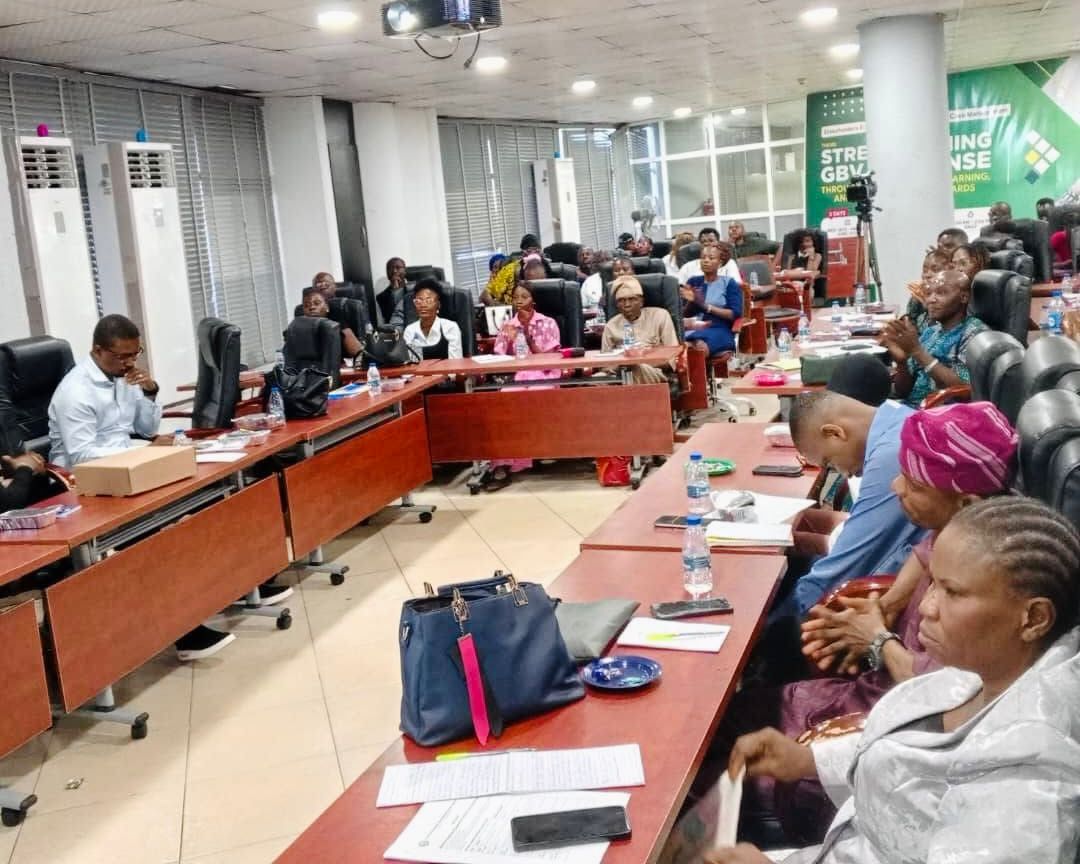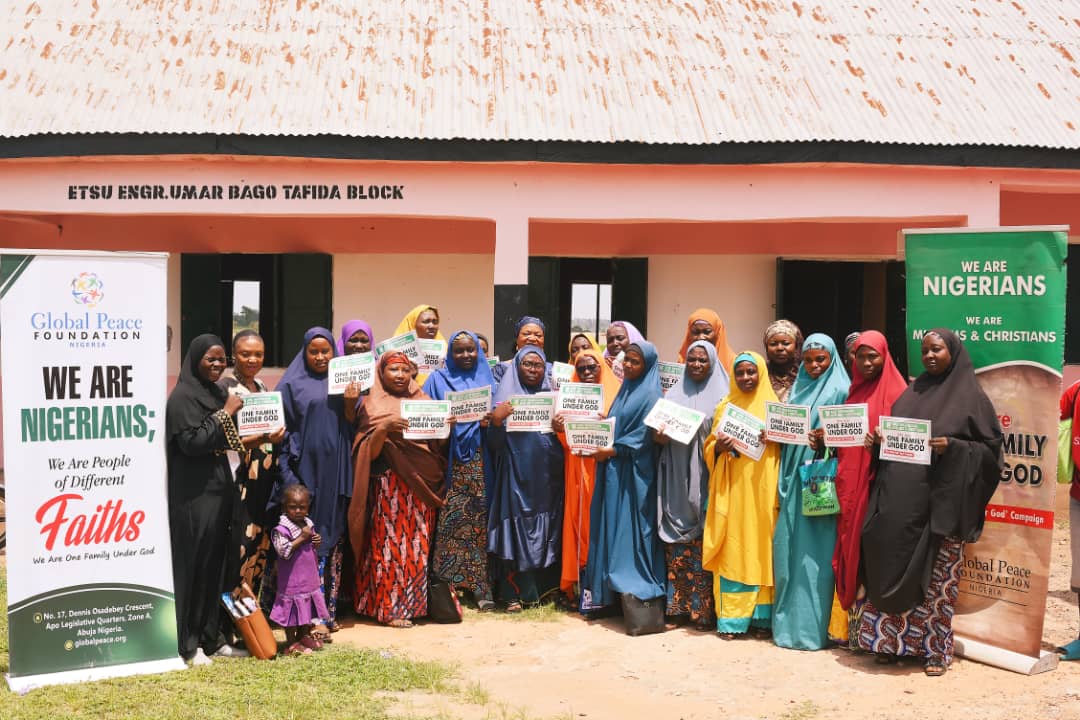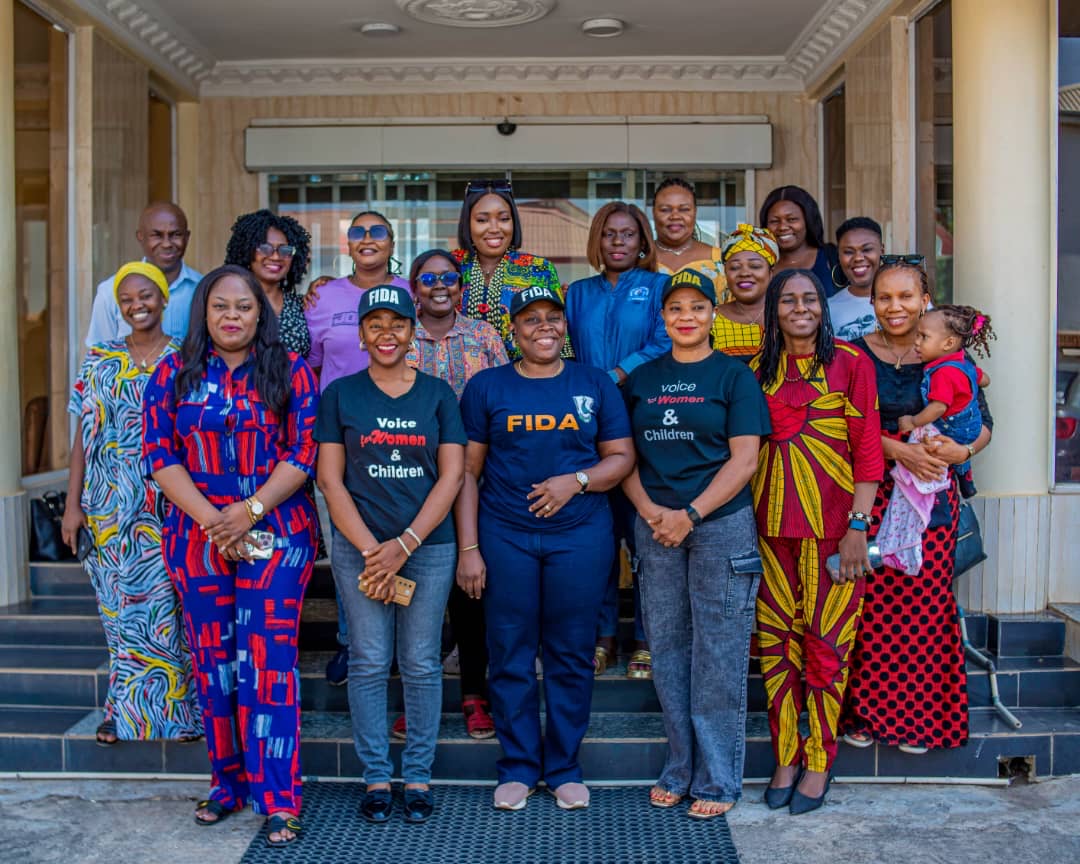Agency trains 86 journalists on effective GBV reportage
By Joy Akinsanya
The Ogun State Economic Transformation Project (OGSTEP) has trained 86 journalists and media practitioners on effective reportage of Gender-Based Violence (GBV).
The News Agency of Nigeria (NAN) reports that the training was organised by the Gender unit of the Ogun State Economic Transformation Project (OGSTEP) on Thursday in Abeokuta.
The training had the theme: “Strengthen GBV Response Through Collaboration Learning and Safe Guarding Standard.”
Speaking at the training, the Project Coordinator of OGSTEP, Mrs Mosunmola Owo-Odusi, said it was organised to support the state’s efforts in addressing gender-based violence.
‘”As part of our programme intervention, we have gender mainstreaming across all our components and one of the areas we need support is to support the state in having a referral pathway for sexual assault incident.
“We have successfully done that, we have rehabilitated four sexual assault referral centres across the state.
“We have also equipped two of the centres to make sure survivors have a safe place to go to and where they can make their pains known.
“Also, we have staff that we have trained on how to handle survivors better and protect their dignity,” she said.
She, however, urged survivors to speak up and seek help, while emphasising that the state government has provided safe centres and trained personnel to protect their dignity.
Mrs Oluwatoyin Orelaja, a facilitator, who spoke on Understanding Trauma, Violence and Survivor interviewing, said that journalists need a solid understanding of what constitutes GBV, its various forms, and the impact on survivors.
Orelaja also emphasised the importance of putting the survivor’s needs first to avoid traumatisation.
She stressed the need for journalists to be sensitive in their choice of words and protection of survivors identity while reporting.
Another speaker, Mrs Ewajesus Fasina, a gender specialist for OGSTEP, said the media has the power to shape public opinion and influence outcomes through their reporting.
Fasina disclosed that 28 per cent of Nigerian women aged 25 to 29 had experienced some form of physical violence at age 15.
She noted that many survivors refused to speak out due to stigmatisation that comes from disclosure of identity by law enforcers.
“Journalists have the ability to cover various angles of a story, including health, security, and legal aspects, which is vital in the context of GBV.
“Without the journalists, it’s impossible to win the war against gender-based violence,” she said.
She said journalists should be more focused on the Violence Against Persons (Prohibition) Act and the Child Rights Act to back up their reports.
A legal practitioner, Mr Damola Lapite, who spoke on Legal Framework for GBV Response: Reporting, Persecution and Survivors’ Rights, emphasised the need for confidentiality and consent to avoid traumatising survivors.
Lapite noted that journalists must maintain confidentiality and obtain consent from survivors before reporting on GBV cases.
He enjoined journalists to always report accurate, fair and equity stories on Gender- Based Violence.
One of the participants, Mr Akeem Adegbenro, commended OGSTEP for the training, saying that it has given him a deep insight on how to report GBV effectively.(NAN)
Edited by Chinyere Joel-Nwokeoma











 Sulaiman-Ibrahim, therefore, urged the media to amplify the voices of survivors, highlight success stories and hold perpetrators accountable, as well as educate the public against such act.
Sulaiman-Ibrahim, therefore, urged the media to amplify the voices of survivors, highlight success stories and hold perpetrators accountable, as well as educate the public against such act.